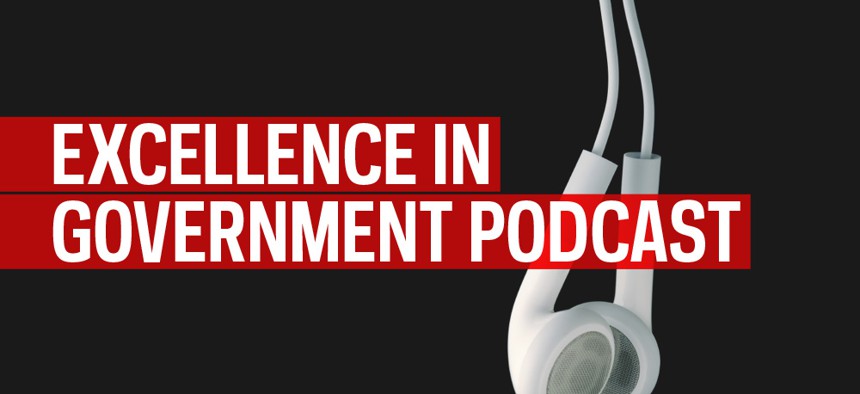
Making Government Easier to Understand
Annetta Cheek and the Center for Plain Language look to eliminate jargon and overly complicated government communication.
Listen to the story:
Download this episode | Subscribe on iTunes
Memos, press releases and general correspondence from government agencies are not always easy to read.. Often they’re full of dense wording and confusing sentence construction. While this may seem immaterial to some, this confusion discourages citizens from dealing with government. It means small businesses might ignore correspondence, veterans may not get benefits and it can make tax forms an unreadable mess.
The 2010 Plain Writing Act was signed into law with the goal of making government communication more readable. Annetta Cheek is the chair of the Center for Plain Language, an organization that was instrumental in passing the law. The center is working to make business and government documents more readable through education, training and advocacy. She says plain language can save government time and money.
“There are all sorts of ways that unclear language adds to the task of fulfilling some process,” she explains. “Clear language, on the other hand, saves you a lot of time on the process.”
The Center for Plain Language puts out a report card on agencies’ progress on bringing plain language to the federal government. The report card gives two grades for each agency: one for compliance with the Plain Language Act and and one for plain writing in general. Grades varied greatly within some agencies, which Cheek says is part of the process.
“Some agencies have been relatively diligent about complying with the letter of the law,” Cheek says. “On the other hand, there are some agencies who already had the beginnings of a shift in the culture toward plain language, down in the offices that actually write documents that end up with the public.”
During the past few years, the center has highlighted plain language via the ClearMark Awards. The winner of the government ClearMark Award in 2013 was Healthfinder.gov, which was noted for having a strong website that is also easy to navigate.
“It’s an excellent site,” Cheek says. “They did many rounds of user testing and it’s very easy to use.”
Overall, the government should communicate more clearly because plain language benefits everyone involved, according to Cheek. Unfortunately, complex lingo is a cultural problem with the federal government.
“It’s really the culture of the bureaucracy,” she says. “Bureaucracies write not for their intended user, but for the guy down the hall, for their supervisor, for their attorney.”
NEXT STORY: White House Pushes Back on Gates







